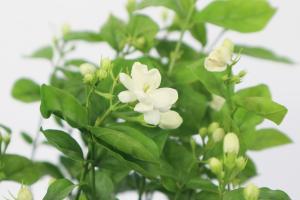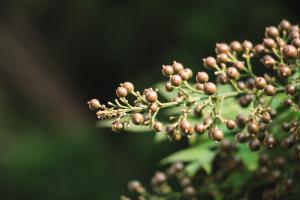Structure and Function of the Plant Cell Wall
Plant cells are unique in their structure and function, one of which includes the presence of a cell wall. The cell wall is an essential component of a plant cell, serving to provide structural support and protection to the cell from various stress factors. Let's explore what the cell wall does in a plant cell in detail.
Composition of the Cell Wall
The cell wall is a complex multilayered structure composed of various materials such as cellulose, hemicellulose, lignin, pectin, and proteins. These components provide strength, elasticity, and water impermeability to the cell wall, enabling it to protect and maintain the structural integrity of the plant cell.
Protective Function of the Cell Wall
The cell wall serves as a physical barrier, shielding the plant cell from a wide range of external factors that can potentially harm the cell. It protects the cell from mechanical forces such as wind, rain, and gravity, and from biological threats such as bacteria, viruses, and fungi. Additionally, the cell wall protects against osmotic stresses, maintaining the correct water balance inside the cell.
Structural Support Function of the Cell Wall
The cell wall provides structural support to the cell and allows it to maintain its overall shape. It also provides support to the plant as a whole by preventing the over-expansion of cells, thus maintaining the form and structure of the plant. The thickness and rigidity of the cell wall vary among different types of plant cells, depending on the intended function of the cell and the surrounding environment.
Conclusion
In summary, the cell wall is a critical component of a plant cell that plays a vital role in the overall function and well-being of the plant. It provides the necessary structural support and protection to the cell, allowing it to withstand various environmental stresses and maintain its shape and integrity. Understanding the importance of cell walls in plant cells allows us to appreciate the complexity and sophistication of plant biology and the intricate mechanisms that make plants thrive in diverse environments.

 how many times do yo...
how many times do yo... how many planted tre...
how many planted tre... how many pine trees ...
how many pine trees ... how many pecan trees...
how many pecan trees... how many plants comp...
how many plants comp... how many plants can ...
how many plants can ... how many plants and ...
how many plants and ... how many pepper plan...
how many pepper plan...






























